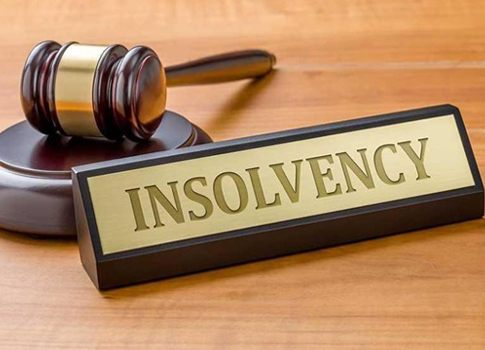New Delhi: The Insolvency and Bankruptcy Code (IBC) is in the process of being changed to be effective from the next fiscal to accommodate the fast changing creditor-debtor scenario, according to the Insolvency and Bankruptcy Board of India (IBBI).
The IBBI Saturday invited comments from stakeholders and the public on making changes to the current regulations notified under the IBC, 2016.
The changes the IBBI is looking are in the regulations under Voluntary Liquidation Process, 2017, Fast Track Corporate Insolvency Resolution Process regulations, 2017, Liquidation Process, 2016, and the Insolvency Resolution Process for Corporate Persons, 2016, among others.
Recent developments like the Supreme Court striking down the Reserve Bank of India’s (RBI) circular last year on banks resolving their massive non-performing assets (NPAs or bad loans) has also made a case for review of certain criteria in the overarching laws of IBC,” the IBBI said in notice.
“In a dynamic environment the stakeholders could play a more active role in making regulations. They may contemplate, at leisure, the important issues in the extant regulatory framework that hinder transactions and offer alternate solutions to address them, in addition to responding urgently to draft regulations proposed by the regulator. This is akin to crowdsourcing of ideas”, it said.
“The comments received between April 20, 2019, – December 31, 2019, shall be processed together and following the due process, regulations will be modified to the extent considered necessary. It will be the endeavour of the IBBI to notify modified regulations by March 31, 2020, and bring them into force on April, 1, 2020.” The regulator said that similar exercises have been undertaken in the previous years.
“Public consultation enables every idea to reach the regulator. Consequently, the universe of ideas available with the regulator would be much larger and the possibility of a more conducive regulatory framework much higher,” it added.
—ians
